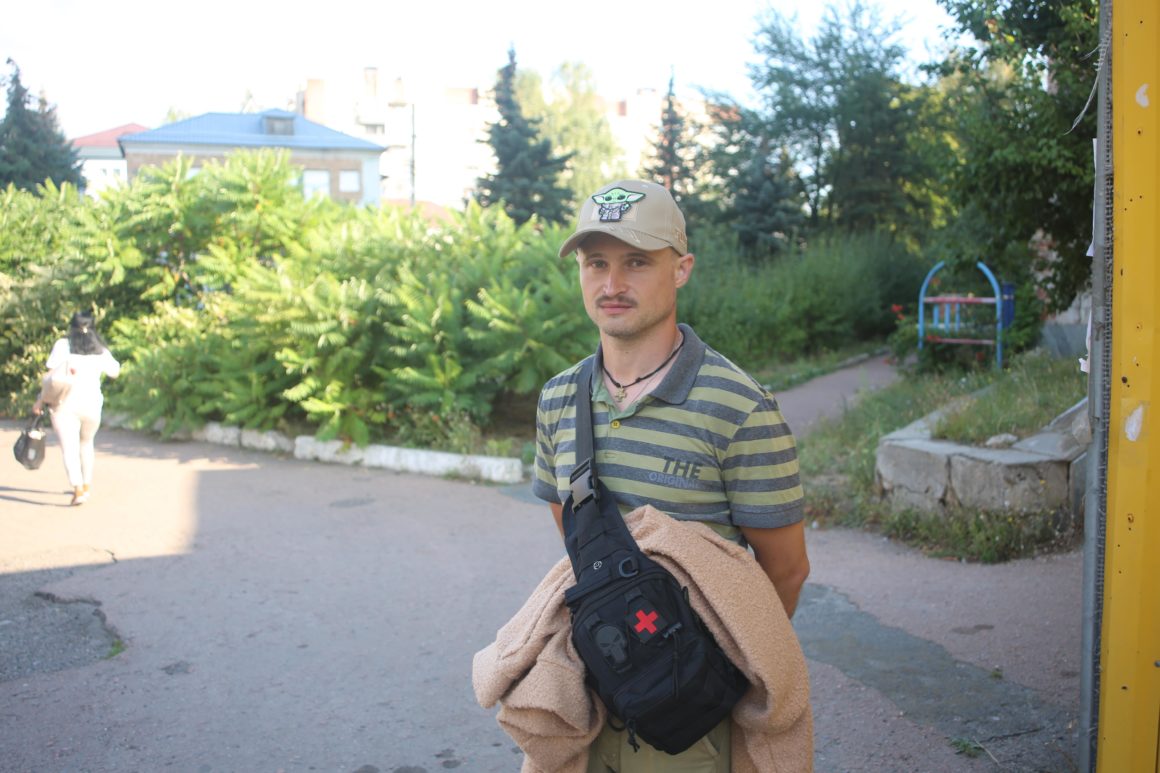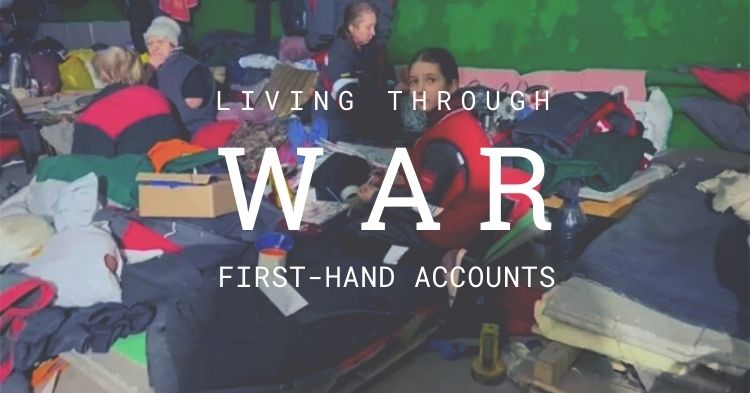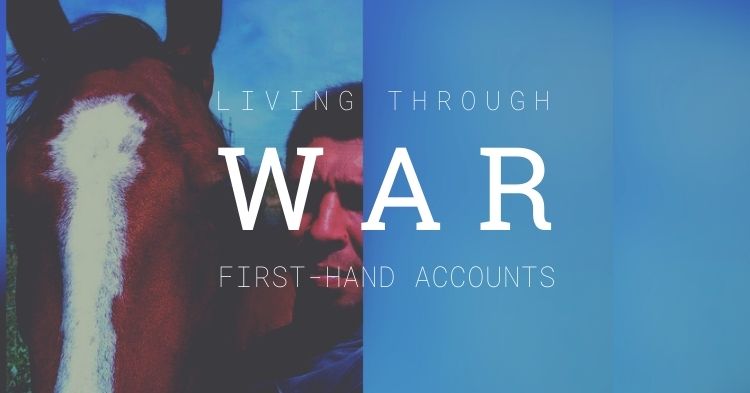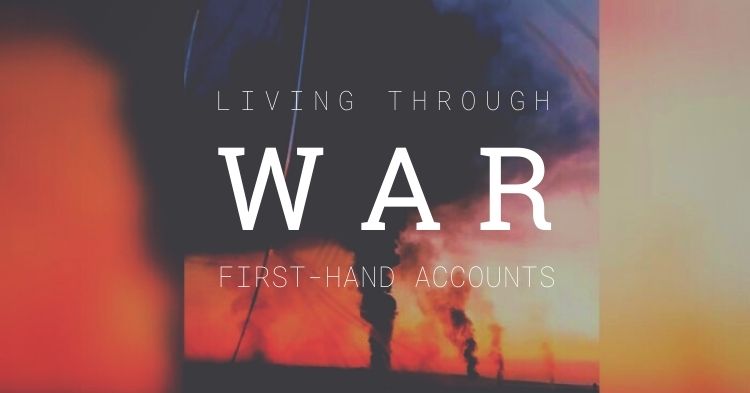Oleksiy, сallsign Tiger, was 28 years old, when the war started in 2014. He immediately joined the army and fought until 2016. When the full-scale Russian aggression erupted on 24 February 2022, he quit his position as a top manager in a large construction company and took up arms again to defend his home city of Kharkiv, then – Bakhmut, and other directions. He was wounded twice.
He mostly stays in Sloviansk, some 30 km from the frontline, waiting for an official release and providing volunteer help for comrades fighting nearby.
"I am waiting to be released because I had too many traumas; I can no longer serve as I wanted," he explains.
Fighting near Kharkiv and Bakhmut
"There are no easy moments in war," he says after a pause when asked what was the most difficult during these years of fight.
"Unfortunately, journalists often make it appear that our enemy is weak. What some civilians say about the enemy being such a fool is untrue. First, Russians have a lot of weapons, and second, a lot of people. At the beginning of the war, 145 million people lived in Russia. Ok, now 250,000 less, but this is still a lot. Our enemy has a lot of weapons, and we do not have enough human resources, which we must use very wisely."
"The hardest thing is that you lose your people. Even during recovery, I am in constant contact with the unit because they are all mine. As a commander, morally, I'm responsible for each fighter," he concludes.
While recovering, Oleksiy collected money for generators for the guys and other items needed at the front. He says that they had to pay their salaries for many things, such as cars and their repairs.
"Cars are essential. When wounded, I was being taken away in a pickup truck. An SPG projectile hit right in front of our car. The car was damaged, but the guys were well, without injuries, and somehow they drove on. But the car is already out of service for repair. Several such hits, and it goes for disposal."
His unit fought together with the 24th brigade in the Bakhmut direction for some time to replace the National Guard. The initial order was to hold positions for 3-5 days, but his unit ended up in a challenging direction for two weeks due to a lack of personnel for rotations, and they suffered losses.
"There were moments when I could not leave the position for four days. Once, I was alone in the post with the kitten and shared water with it — 1.5 liters of water. There was plenty of food and one bottle of water. Other guys went to get water, and then the Russians started heavy shelling. It was an observation post, and I couldn't get out. This was also a difficult moment. But it's still harder when you lose your comrades."
A commander, a doctor, and a rescuer simultaneously
In combat, you do what you have to do, and more than you have to, Oleksiy explains. For example, he got injured because he went to help another injured soldier.
"Was I obliged to do it? No. But would he have waited for the doctors? No. We managed to pull out the wounded man. I received the shards myself while pulling him out, but I was told that the guy was bleeding to death. His back was badly cut. Why did I assist the soldiers? Because we lost three combat medics before, and my unit informally called me 'Doc'."
At war, odd stories occur, when someone fortunate suddenly gets wounded when it was the least expected, he says.
One of Oleksiy's comrades had been fighting since 2014 and was very lucky. He had not received a single scratch. At all. He also came out from Bakhmut without injuries. Everything was perfect. Then, he went to meet his family on vacation in Dnipro city -- the commanders gave him 15 days off.
When the hospital in Dnipro came under a missile attack 200 kilometers from the front, that soldier was riding a bicycle nearby and was injured.
"We all plan to live, we all plan to return healthy, we all plan to do something next…" says Oleksiy rhetorically.
"They wouldn't take me as a POW"
Oleksiy says that already since 2015, his name is in the Russian list
of so-called Ukrainian nazis who should be punished. That's because he fought in Ukrainian volunteer battalions early during the 2014-2015 war.
Then, Russia didn't expect any resistance at all and named Ukrainian troops "nazis" to explain to the Russian audience why there was resistance to Russian "liberation" in Ukraine. A similar template was used during the 2022 invasion.
"They even have the photo of my tattoo, thinking it is a confirmation that I'm a nazi," Oleksiy smiles.

The tattoo shows a typical Ukrainian embroidery ornament, a kliuch (key), used in traditional clothes.
"For me, this tattoo is really freedom or death, this slogan of Ukrainian fighters for independence. Because I understand that with such a tattoo, they wouldn't take me as a POW. Or if they do, they will torture me. I always have a grenade with me in case I get surrounded," he says.
"Romanticizing the war is a terrible idea"
When asked about the main problems, Oleksiy names the lack of anti-drone guns and the lack of electronic warfare to counter Russian drones. Earlier, Russians used fewer drones than they use now. Though anti-drone guns and EW are procured for frontline units, their production in Ukraine must ramp up significantly. Oleksiy personally knows two people who could do it, but they went to war.
Another area for improvement is the training of new fighters. He believes it is necessary to train longer. Several weeks can't be enough. As for a commander, it is essential for him that every fighter is prepared or at least understands the tasks he receives. Otherwise, training a fighter for another 3-4 weeks on the frontline will be needed, but now under ongoing shelling.
"During the whole time, I saw my son three times for several hours. The son is 12 years old," Oleksiy says after a while, mentioning the lack of rotations.
In the end, he adds, romanticizing the war is a very bad idea.
Reintegration of veterans after their participation in war is his preoccupation now. Oleksiy has already organized two centers of psychological help for veterans.
Such veteran initiatives are needed for yesterday because many guys who were wounded or lost limbs may even return to the army for some rear or administrative positions. Still, they need help, rehabilitation, and resocialization. This issue is significant when the gap between civilians and the military grows.
In most cases, according to Oleksiy, it is due to a misunderstanding of the situation and its over-optimistic representation by the media.
"It is clear that one of the consequences of war is PTSD. An increased sense of justice exists and will exist in military personnel who have experienced stress. But society's task is to bring this person back to life and to understand the person who gave his health for this society."
"Maybe someone has become more callous during the war and can endure these moments easily... But even I, for example, at night I sometimes wake up looking for a radio. Of course, we have to win first, but we already have this issue with veterans and will have it in the future."
Closed-minded people will not get along in a military team, he says. A peculiar type of humor is typical for the military and absolutely necessary to adapt to stressful conditions.
"This is the norm. I myself was the focal point for such jokes. When you join the unit, it is clear that you get to know people, and people are testing you with jokes. This is a normal story."
Despite all difficulties, Oleksiy remains optimistic about Ukraine's future and the war's outcome.
He highlights that after the war's first more enthusiastic phase, a new, systemic, and institutional approach is crucial for Ukraine to prevail in the long run.
Read more:
- Secret ancestral codes: 12 main symbols in Ukrainian embroidery
- Frontline report: Russian troops increase pressure west of Bakhmut
- Two years of Russia’s invasion: Euromaidan Press answers questions of our readers about war in Ukraine
- Closing loopholes: the key to crippling Russia’s oil and gas profits
- Two years of all-out war: weapons of Ukrainian victory
- Ten years after Euromaidan, Russia tries to erase Ukraine’s national revival
- But now we dance





